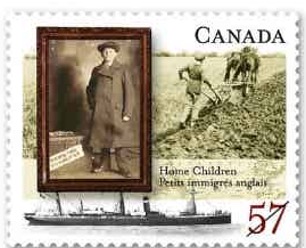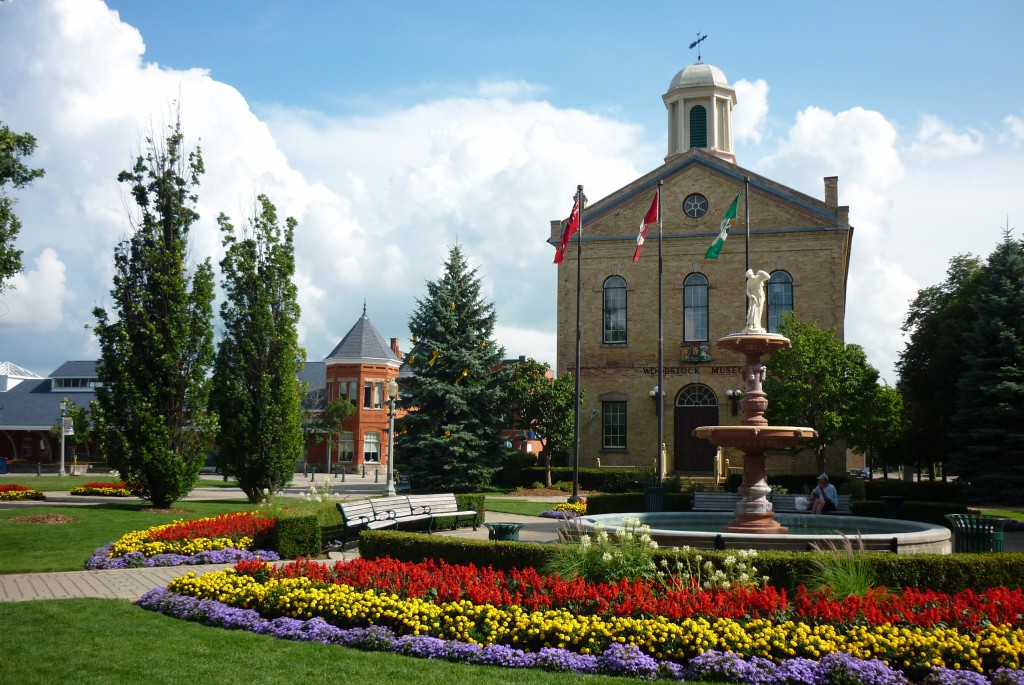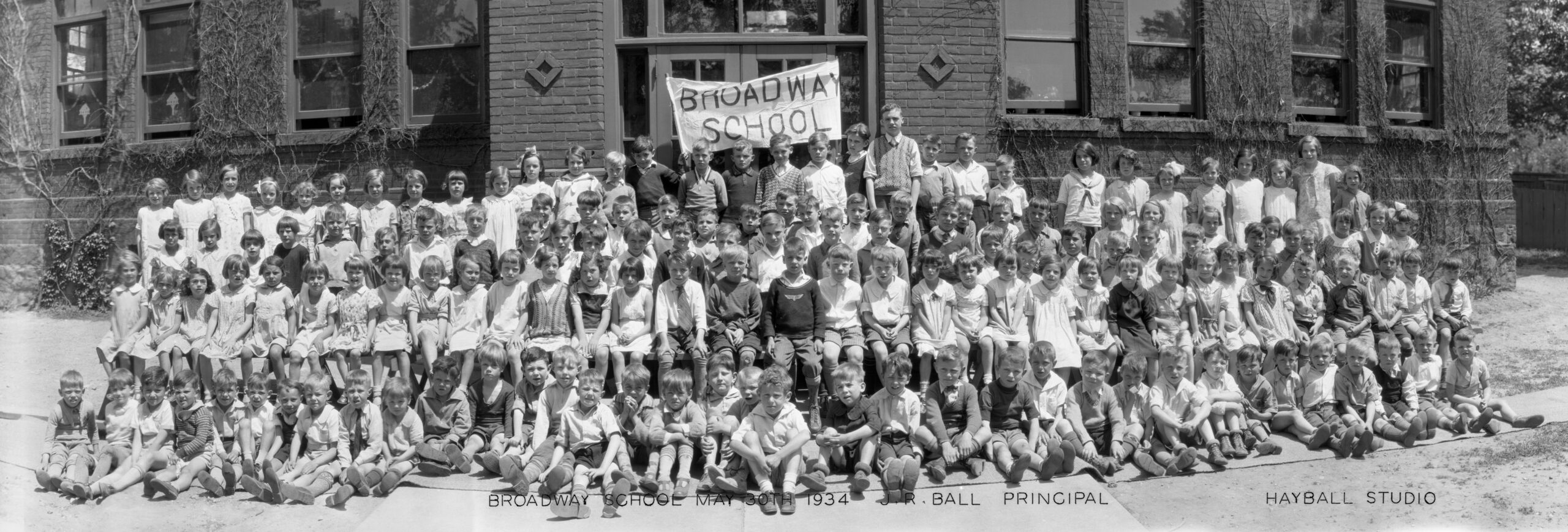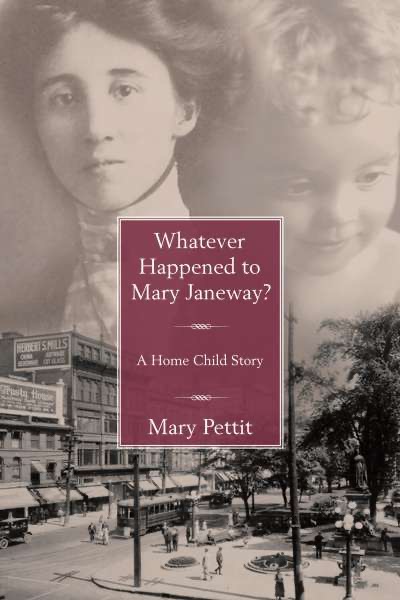Hello Everyone,
In our most recent newsletter, Pattullo Press Fall 2020, the Annual Joint Dinner article about Mary Pettit, was incorrectly reprinted from the October 2013 Oxford Historical Society Newsletter. My apologies for the misprint. Thanks to longtime member and former newsletter editor Chris Packman for bringing this to my attention.
The following is the corrected reprint of the original article. This article was originally published in the October 2013 Newsletter and was written by Chris Packman. Book cover photo from Dundurn’s Publishing website.
Whatever Happened to Mary Janeway?
It was Oxford Historical Society’s turn to host the 2013 annual dinner meeting with OGS Oxford County Branch, this time on Tuesday, September 17, at South Gate Centre. At 6:30 PM, our group of 42 members and guests began with a pleasant beef and ham supper in South Gate’s main Hall.
Afterwards, guest speaker, Mary Pettit, a Stony Creek author, spoke about her recently-published book, “Whatever Happened to Mary Janeway?”. It was a long-awaited sequel to her first book about the childhood in Canada of her Godmother, “Mary Janeway, Legacy of a Home Child”.
In about 1892, Mary Janeway, then aged eight, was shipped to Canada from an orphanage in Liverpool, Eng- land, with an older brother William, 10, and placed with families in separate Ontario farms.
There were thousands of orphaned or destitute children at the time in Great Britain’s urban centres. Various philanthropic individuals and groups attempted to help the children’s situation by shipping some of them to Britain’s colonies where there was a labor shortage, “ … to a better life”, in return for the expectation of decent food, clothing, shelter, and some schooling. Canadian farm families welcomed the relatively free extra labor the children might provide. But, for several decades, no one from any of the philanthropic groups checked to see how the children were doing once they been assigned to a family. Life on a pioneer farm was tough for all, though in more than a few cases the Home Children were abused, and few were ever accepted as family.
Mary Pettit’s first book ended when the diffident Mary Janeway, a week short of her 16th birthday, gained enough courage to leave her life as an unpaid servant of an Innerkip farm family, and took a train journey. But the reader, having followed the ups and downs of the hard life of this pleasant child, was left to wonder what happened next.
In the sequel, published in 2012, “Whatever Happened to Mary Janeway?”, Janeway’s train journey ended in London, Ontario. There, and later in Woodstock, she continued work as a domestic, though now paid.
Mary Pettit has done a great deal of research into not only Janeway’s known and probable life as an adult, but also into the changing ambience of the times in which Janeway lived. After a while in Woodstock, she married a handsome but restless self-employed painter, Jim Church, and the two moved to a series of rented homes in Hamilton.
Unlike the self-contained nature of her early rural life on a farm, she now found and enjoyed the many services for city folk: local delivery by the iceman, the coalman, the milkman; electric buses to take her downtown; movies to go to; and, in time, a telephone, radio and eventually, electric labour-savings devices: a vacuum cleaner, and a ‘fridge instead of an ice-box.
Mary (Janeway) Church had two children; lived through the Spanish flu pandemic in 1918, that hit one in four Canadians, and suffered family tragedy. She had an added shock when her husband was arrested in 1925, found guilty of a serious crime and spent 5 years in “Kingston Pen”.
By 1948, Mary Church was living alone, and working as a visiting homemaker for the Red Feather Organization (it became the United Way). As a homemaker, Mary began to help the Hewsons, a family that had just had their second child, a girl. She helped with the new baby, did light housekeeping and prepared meals.
The Hewsons became very friendly with Mary Church, named their new baby, Mary, and asked Mary Church to become the child’s Godmother. Mary Church was delighted and, in time, became akin to a much-loved aunt as little Mary Hewson grew up.
Mary (Hewson) Pettit’s talk necessarily skimmed the highlights of her latest book. “Whatever Happened to Mary Janeway” is a fascinating and well-researched story. More than a moving biography of a former Home Child’s adult life, it provides a human viewpoint on lifestyle changes from 1900 to the 1960s in Hamilton, one of Canada’s more vibrant multi-ethnic cities, as Mary (Janeway) Church might have seen it.








